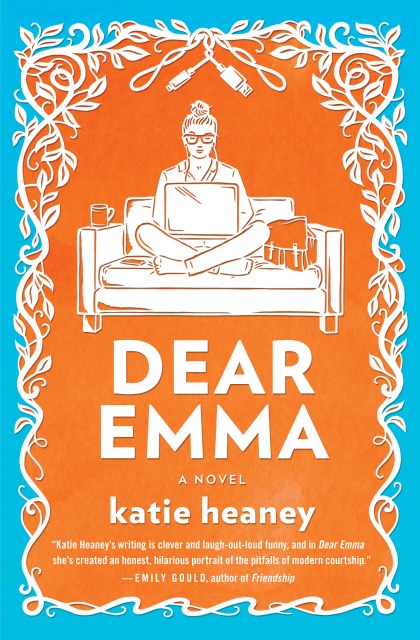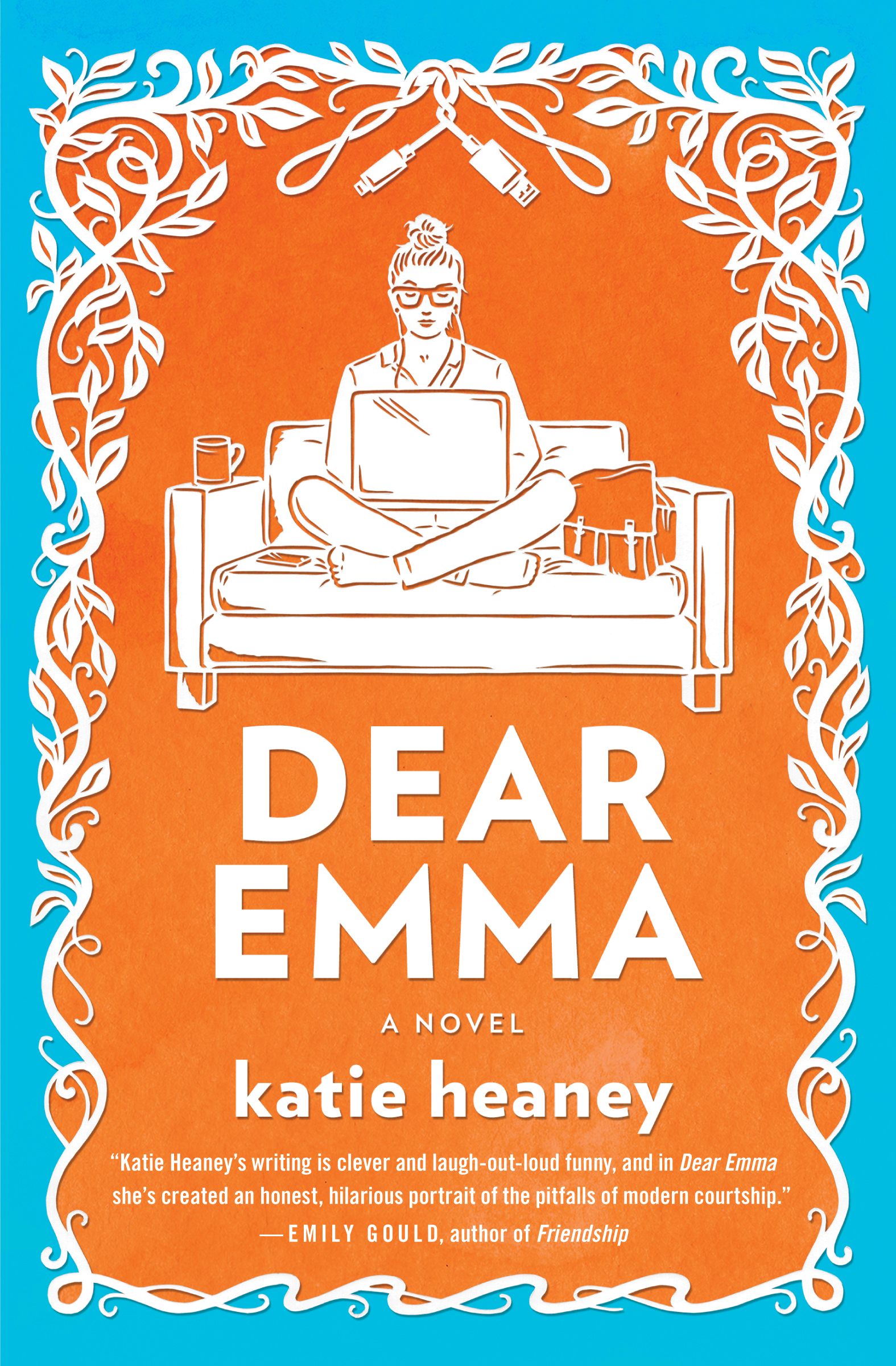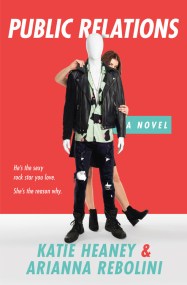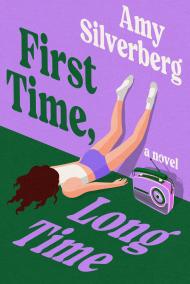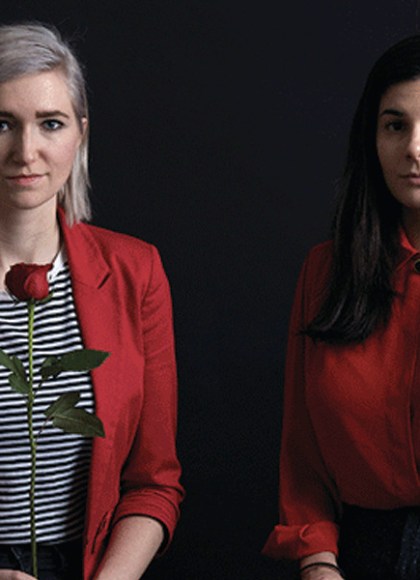By clicking “Accept,” you agree to the use of cookies and similar technologies on your device as set forth in our Cookie Policy and our Privacy Policy. Please note that certain cookies are essential for this website to function properly and do not require user consent to be deployed.
Dear Emma
Contributors
By Katie Heaney
Formats and Prices
- On Sale
- Mar 1, 2016
- Page Count
- 288 pages
- Publisher
- Grand Central Publishing
- ISBN-13
- 9781455534593
Price
$9.99Price
$11.99 CADFormat
Format:
- ebook $9.99 $11.99 CAD
- Audiobook Download (Unabridged)
- Trade Paperback $14.99 $17.99 CAD
This item is a preorder. Your payment method will be charged immediately, and the product is expected to ship on or around March 1, 2016. This date is subject to change due to shipping delays beyond our control.
Buy from Other Retailers:
From Buzzfeed writer and the author of the popular memoir Never Have I Ever, a hilariously and painfully relatable debut novel following an anonymous college romantic advice columnist on her misadventures in love and friendship.
Harriet, the author of her college newspaper's pseudonymous student advice column "Dear Emma," is great at telling others what to do, dispensing wisdom for the lovelorn and lonely on her Midwestern campus. Somehow, though, she can't take her own advice, especially after Keith, the guy she's dating, blows her off completely. When Harriet discovers that Keith has started seeing the beautiful and intimidating Remy, she wants to hate her. But she can't help warming to Remy, who soon writes to "Dear Emma" asking for romantic advice.
Now Harriet has the perfect opportunity to take revenge on the person who broke her heart. But as she begins to doubt her own motivations and presumably faultless guidance, she's forced to question how much she really knows about love, friendship and well-meaning advice.
Harriet, the author of her college newspaper's pseudonymous student advice column "Dear Emma," is great at telling others what to do, dispensing wisdom for the lovelorn and lonely on her Midwestern campus. Somehow, though, she can't take her own advice, especially after Keith, the guy she's dating, blows her off completely. When Harriet discovers that Keith has started seeing the beautiful and intimidating Remy, she wants to hate her. But she can't help warming to Remy, who soon writes to "Dear Emma" asking for romantic advice.
Now Harriet has the perfect opportunity to take revenge on the person who broke her heart. But as she begins to doubt her own motivations and presumably faultless guidance, she's forced to question how much she really knows about love, friendship and well-meaning advice.
Genre:
Newsletter Signup
By clicking ‘Sign Up,’ I acknowledge that I have read and agree to Hachette Book Group’s Privacy Policy and Terms of Use
